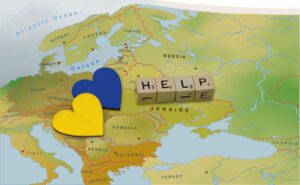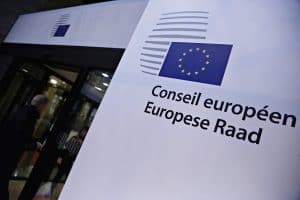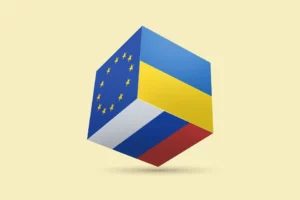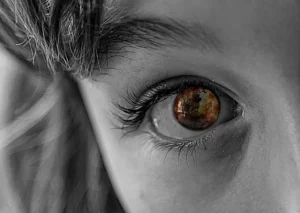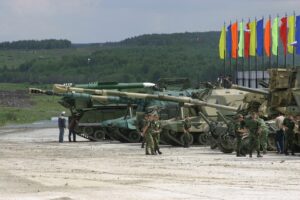The European Union has imposed sanctions against 4 additional Russian citizens, according to an announcement published by the European Council.
According to the announcement, the sanctions are in response to these individuals’ serious violations of human rights. These violations include arbitrary arrests and detentions, widespread systematic repression of the freedom of peaceful assembly and of association, and freedom of opinion, speech, and expression in Russia.
The individuals that have had sanctions imposed against them are:
- Alexander Bastrykin, Head of the Investigative Committee of the Russian Federation.
- Igor Krasnov, Prosecutor General of the Russian Federation.
- Viktor Zolotov, Head of the National Guard of the Russian Federation.
- Alexander Kalashnikov, Head of the Federal Prison Service of the Russian Federation.
These individuals were key in the arbitrary arrest and sentencing of Alexei Navalny and the peaceful protests that followed his detention and prosecution.
“Alexander Bastrykin, Head of the Investigative Committee of the Russian Federation, Igor Krasnov, the Prosecutor-General, Viktor Zolotov, Head of the National Guard, and Alexander Kalashnikov, Head of the Federal Prison Service have been listed over their roles in the arbitrary arrest, prosecution and sentencing of AlexeiNavalny, as well as the repression of peaceful protests in connection with his unlawful treatment,” the announcement reads.
The sanctions will be effective from 2 March 2021 forward. They will include travel bans and asset freezes. In addition, people and entities in the EU will be forbidden from making funds available to the aforementioned individuals, either directly or indirectly.
Alexei Navalny was the leader of the opposition against Vladimir Putin’s regime that has controlled Russia for about 20 years at the time of writing this article.
An outspoken critic of Putin, Navalny had spent 5 months in Berlin recovering from a nearly fatal nerve agent attack that was likely carried out by Russian intelligence and meant to kill him.
After his return to Moscow on 17 January 2021, he was immediately arrested and quickly sentenced to two and a half years in a penal colony about 100 km East of Moscow, where he is now.
After his arrest, prosecution, and sentencing, protests erupted across Russia to fight the corruption that is now obvious to the public. The Vladimir Putin’s government, of which the aforementioned individuals have been instrumental in this process, has done everything they could do to quell the protests and silence the opposition.
The sanctions against these key individuals in the Russian government come in lock-step with sanctions imposed against 19 Venezuelan individuals for similar reasons, including restricting freedom of expression and gathering and undermining the opposition’s electoral rights in the December 2020 Venezuelan elections.
The Venezuelan population has also had a similar reaction to the undermining of the democracy, to which the Venezuelan government responded with force and more human rights violations.
The European Union’s Global Human Rights Regime continues to enforce human rights laws globally with sanctions against individuals, organizations, and governmental regimes.










